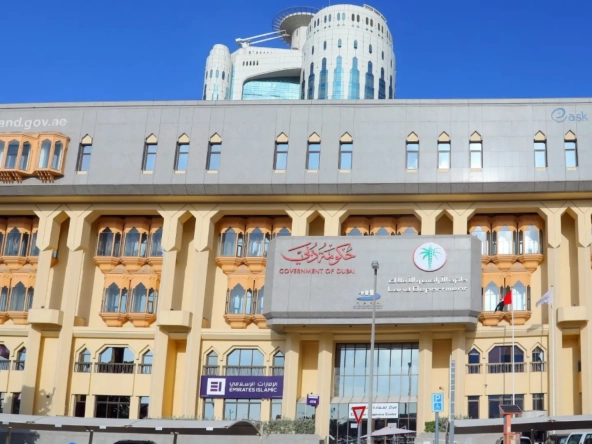If you’re a tenant in Dubai, it’s important to understand your rights and the legal implications when it comes to eviction and re-letting of a property. In this blog post, we’ll discuss the laws and regulations related to landlords re-letting a property at a higher rent after eviction, and what tenants need to know to protect their rights.
If you’re a tenant in Dubai, it’s essential to know your rights and understand the legal framework surrounding eviction and re-letting of a property. When a property is sold, and the new owner is an investor, they are required to continue with the existing lease agreement until its expiry, maintaining the same terms and conditions as before. Any changes to the contract must be communicated in writing and agreed upon 90 days before the lease expiration.
However, if the new owner is an end-user or intends to move into the property, they may need to send their own 12-month notification to evict the tenant, as some judges at the Rental Dispute Settlement Committee (RDSC) may request. It’s crucial for tenants to be aware of the status of the property sale and maintain clear communication with the owner or agent during viewings.
If you vacate the property and discover that the owner has re-let it, you have the right to file a complaint at the RDSC. If you win the case, you may be entitled to compensation, often equivalent to the value of the yearly rent. However, compensation may be difficult to obtain from the Dubai Electricity and Water Authority, as they are ultimately responsible for such cases.
In cases where the seller of a property in the secondary market still owes a loan to the bank and the title deed is not in their name, it’s important to exercise caution. The real estate broker representing the seller may request you to settle the loan so that the bank can issue the title deed. However, it’s crucial to verify the authenticity of the agreement and ensure that all terms and conditions are laid out in form F, which can only be produced by a Real Estate Regulatory Agency-certified broker through the Dubai Rest application.
To safeguard your interests, it’s advisable to go to the trustee office with the seller and request to block the property from any future sale before paying off the seller’s loan. This ensures that the property cannot be sold to another buyer while the loan is being settled. Once the clearance letter is issued by the bank confirming that there are no outstanding amounts, the transfer of the property can be concluded at the trustee office, and the property can be registered in your name.
In conclusion, as a tenant or a property buyer in Dubai, it’s essential to be aware of the laws and regulations related to eviction, re-letting, and property transactions. Understanding your rights and seeking professional advice when needed can help protect your interests in the complex Dubai real estate market.
Invest in Dubai and Get Your Golden Visa Opportunity Today.



